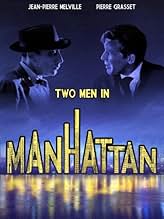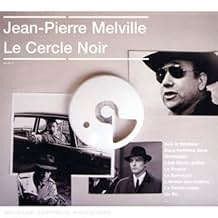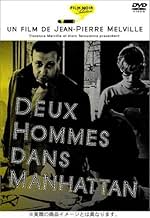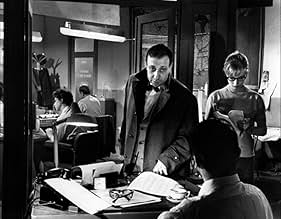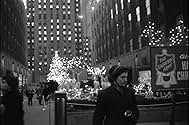Melville is clearly enjoying himself in this picture. As director, there is a virtuosic flourish to many of the extended shots and the night-time cinematography. As actor, the constant smirk on his character's face is surely that of Melville himself, playing out his personal fantasy as a film noir character in his favourite city.
When the story arrives, it's revealed to be an ethical dilemma: our two principals (Melville as an Agence France Presse journalist and Pierre Grasset as his photographer buddy) discover a French diplomat and ex-Resistance hero dead of a heart attack in an actress's apartment. Do they report the truth, cover it up to preserve the guy's reputation or sensationalise it even more to make a fortune from the exclusive?
Melville was by no means a great actor, but his baleful eyes, bland smile and spiffy bow tie in this film give him a kind of sleazy charm that brings to mind Peter Lorre. His character's name (Moreau) is a pun on "moraux", which means moral, and indeed he is intended to be the moral centre of the film. There are moments, though, when he seems genuinely sinister: when he peeps on a bare-breasted dancer in her dressing room (the scene was censored in the UK), and when he looms threateningly over another girl who has just attempted suicide.
"Deux hommes..." is the most New Wave of all Melville's films. The raw, documentary-style shots, the improvised feel to some of the scenes (Melville makes frequent mistakes when speaking English), the use of real locations and untrained actors (including Melville himself), were jarring to audiences and critics at the time. In the light of Godard and Truffaut we can now better appreciate the type of film-making that Melville helped to inaugurate. Nevertheless, Melville regarded "Deux hommes..." as a failed experiment, returning in his subsequent films to a more classical approach.


